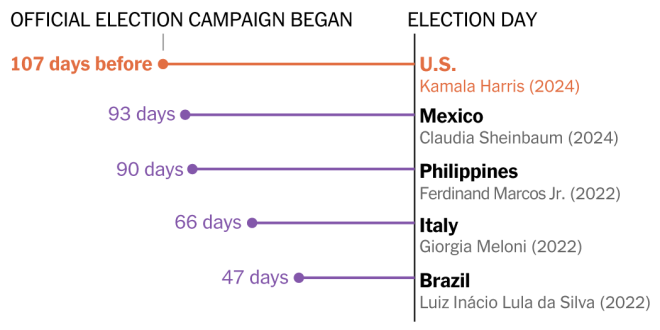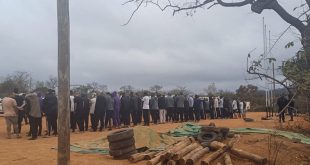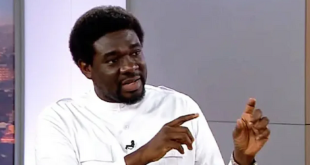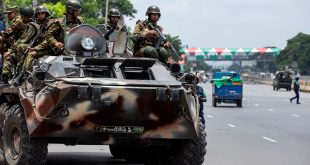The 107 days Vice President Kamala Harris has to run for president may be shaping up as the shortest campaign in modern American history, but in many major democracies, the official election season would not even have started yet.
Note: Official campaign periods are typically set by regulation, often starting when parliaments are dissolved. The initial winning campaign of current elected leaders is shown.
American presidential election campaigns start notoriously early. Former President Donald J. Trump, for example, launched his re-election bid in November 2022, two years ahead of the vote.
But in many other democracies, an official election period sets out when candidates can debate, make speeches and run political ads (often with strict spending limits).
Voters tend to pay close attention only when the official campaigns begin, said Jordan Tama, an associate professor of international politics at American University.
“We know from other countries that 100 days is plenty of time for a healthy campaign,” said Mr. Tama. “Most campaigns in different countries are in the range of a few weeks to several months.”
Even in India, the largest democracy in the world, the official campaign only starts a little over a month before voting begins.
President Biden’s decision to abandon his re-election bid just 15 weeks before the vote has few precedents. Not since 1968, when President Lyndon B. Johnson dropped out of the running half a year before the election, has either major American party had to settle on a candidate so late in the race.
With the clock running out, Democrats coalesced around Ms. Harris in just 48 hours.
However abbreviated their official campaign seasons may be, political candidates in other countries do tend to enjoy more time than Ms. Harris does to make their case to voters. That is especially true in parliamentary democracies, where political party leaders are de facto candidates, engaging in the daily rough-and-tumble of governing and becoming well known to voters before a single campaign sign goes up.
It is, of course, difficult to make exact comparisons between political systems with markedly different rules and norms.
The United States has some unusual features, perhaps first and foremost the Electoral College, which requires candidates to devote time and resources to numerous battlegrounds. And parliamentary systems tend to put the focus on the party over individual candidates, easing their paths.
So by the time British voters went to the polls this month, Keir Starmer, the newly elected prime minister, had been leading the Labour party for four years, taking on the Conservative government in Parliament on a weekly basis. And in India in 2014, Narendra Modi had six months after his party chose him as leader to wage his successful campaign for prime minister.
 Top Naija News – Nigeria News, Nigerian News & Top Stories Top Naija News – Nigerian Newspapers, Nigerian News. topnaijanews is a daily Nigerian newspaper covering Latest News, Breaking News, Entertainment, Sports, Lifestyle and Politics.
Top Naija News – Nigeria News, Nigerian News & Top Stories Top Naija News – Nigerian Newspapers, Nigerian News. topnaijanews is a daily Nigerian newspaper covering Latest News, Breaking News, Entertainment, Sports, Lifestyle and Politics.




